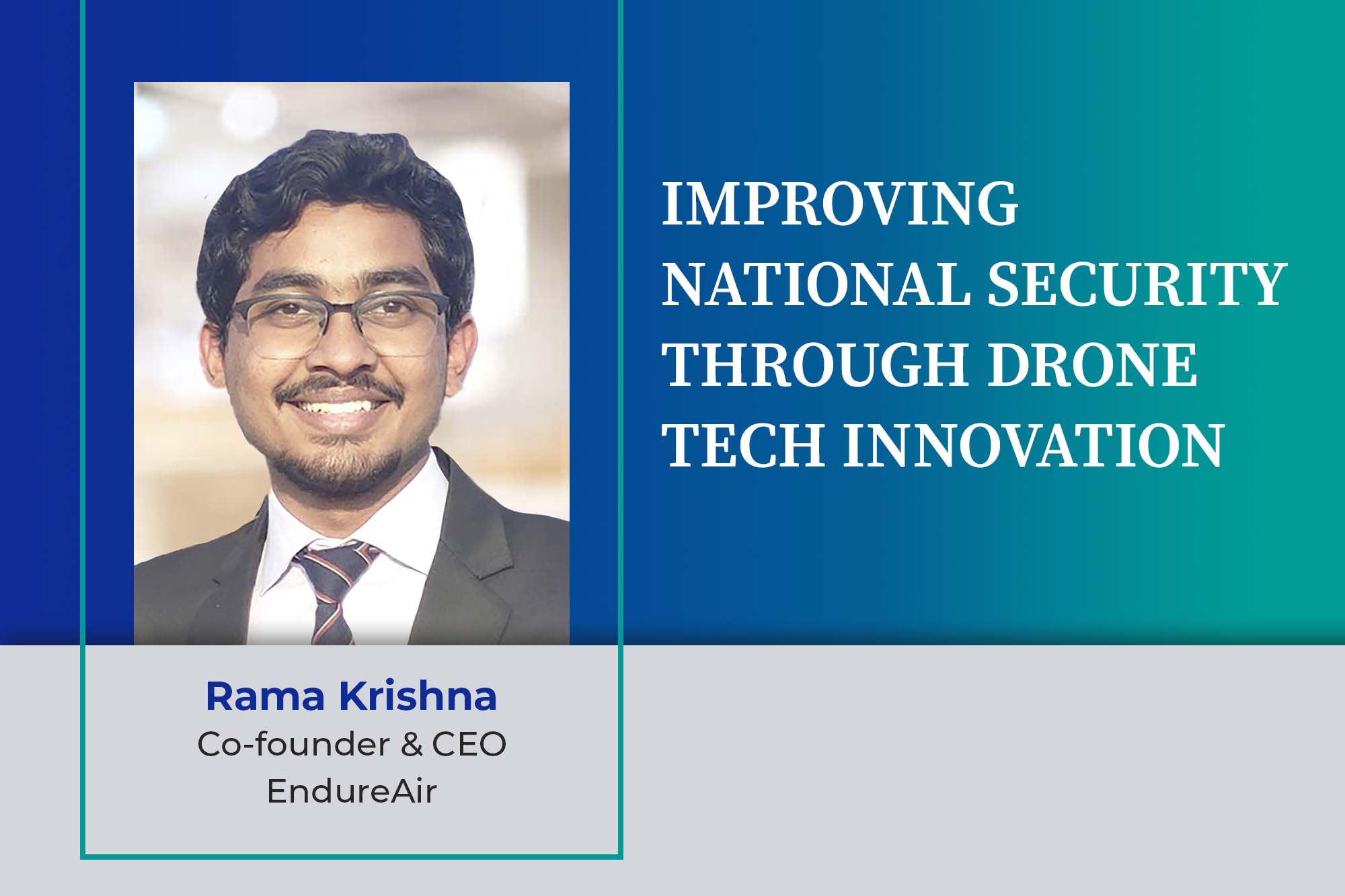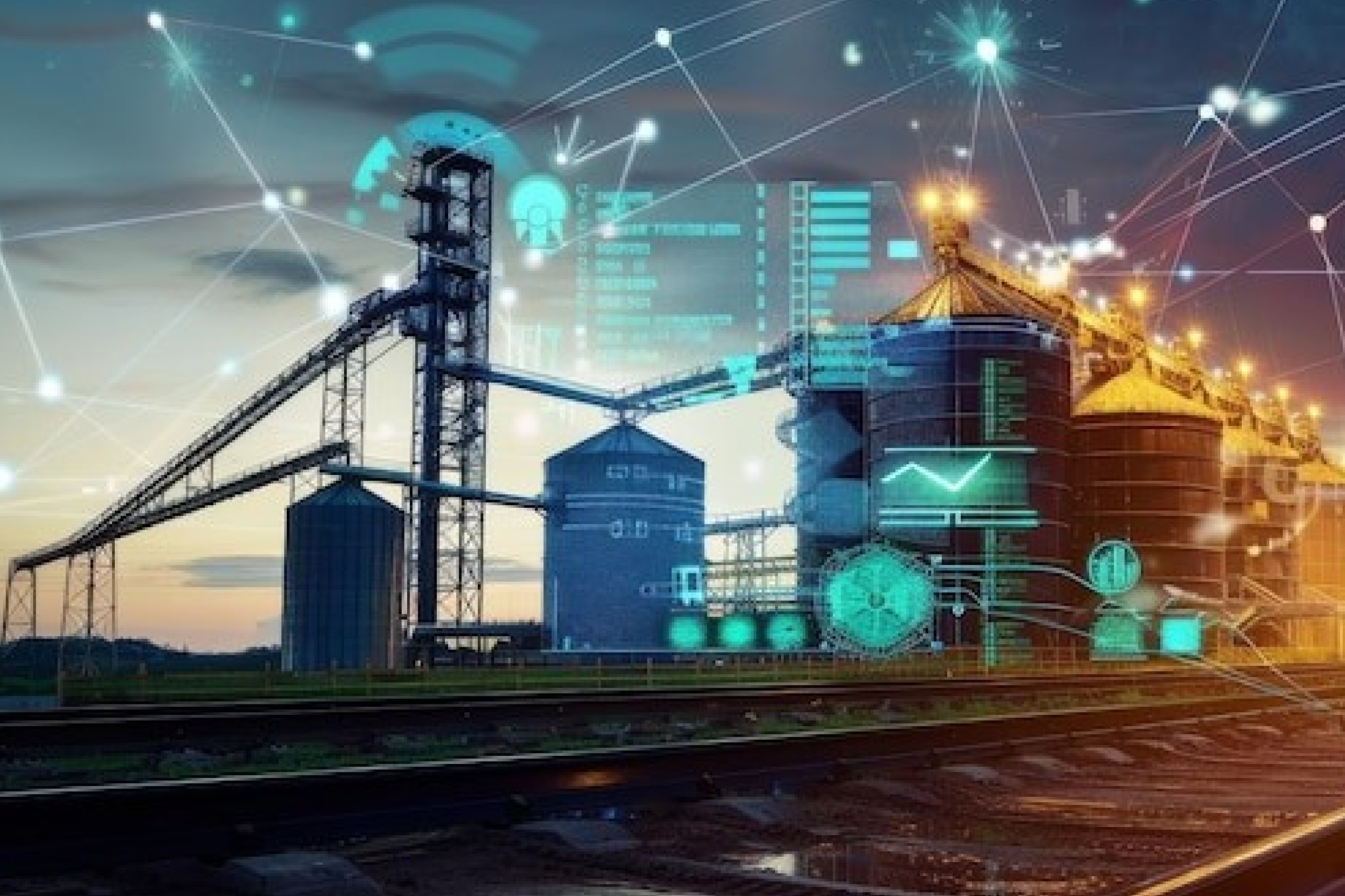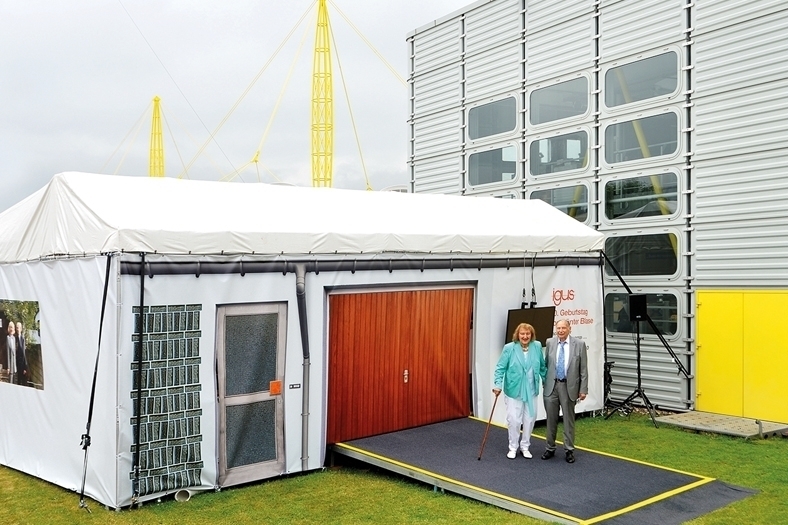Improving national security through drone tech innovation
By Staff Report October 3, 2024 6:48 pm IST
Drones are revolutionising surveillance and reconnaissance, enabling real-time data for effective threat detection and monitoring of large areas. Rama Krishna, co-founder and CEO of EndureAir, emphasises that as drone technology advances, collaboration between startups and government agencies will strengthen, with AI, blockchain, and 5G technologies potentially leading to new applications and capabilities.
In recent years, drone technology has rapidly advanced, becoming a vital component of modern defence and aerospace operations. The partnership between innovative drone technology startups and government organisations strengthens national security and defence capabilities while pioneering new technologies for superior nationwide safeguarding.
Drone-tech startups are leading the way in developing advanced technologies that improve unmanned aerial vehicles (UAVs). These companies use the latest advancements in technology to create drones that are more capable, versatile, and reliable. Unlike larger, more established companies, startups can quickly experiment with new technologies and make rapid improvements, allowing them to address emerging threats and adapt to changing needs more effectively. These startups are producing advanced drones with advanced features like surveillance systems, autonomous navigation, and real-time data processing, providing detailed imagery and intelligence for security threat monitoring and response. These drones are often delivered at lower costs, facilitating the integration of new technologies into defence agencies’ operations.
Government Support
Government organisations are supporting the drone technology startup ecosystem by providing funding, regulatory frameworks, and strategic partnerships. These organisations offer grants and funding programs to enable drone-tech startups to conduct research, expand operations, and introduce new market innovations. Additionally, they establish regulations to ensure the safe and efficient operation of drones. These regulations help startups navigate the complexities of deploying drones and integrating their technology into existing defence systems. Furthermore, Governments are partnering with startups for joint development projects, testing, and operational deployments, leveraging their technological expertise to accelerate the development of new capabilities, thereby enhancing the speed and efficiency of innovation.
Defence and aerospace operations
Drone-tech start-ups and government agencies are collaborating to improve defence and aerospace operations. High-resolution cameras and advanced imaging systems revolutionise surveillance and reconnaissance, enabling real-time data for effective threat detection and monitoring of large areas. The integration of AI and machine learning in drones enables autonomous systems to perform complex tasks with minimal human intervention, including logistics deliveries, reconnaissance missions, surveillance, and targeted strikes, while also facilitating communication, situational awareness, and synchronisation of operations. Furthermore, drones offer rapid deployment and response capabilities in emergencies, addressing urgent needs quickly and efficiently, whether delivering supplies to remote areas or providing aerial support during disasters.
Several real-world applications highlight the impact of drone-tech startups and government collaboration. For instance, the U.S. Department of Defence’s Project Maven uses AI to analyse drone footage and extract actionable intelligence, enhancing the ability to process and interpret vast amounts of data collected. Governments and startups are developing drone delivery services for medical supplies and other essential goods, proving valuable for areas remote to the Indian army or the ones that are disaster-stricken. Countries are also partnering with drone-tech startups to enhance border surveillance and security. Drones equipped with advanced sensors and imaging systems improve the ability to monitor borders, detect illegal activities, and respond to threats.Logistics in defence
Logistics is crucial for defence and government operations, ensuring coordination and supply chain management across vast territories. However, challenges exist, such as last-mile and middle-mile delivery in remote areas and delays in critical supplies like medical provisions and combat logistics. The Army relies on mules and other transportation options when transportation bottlenecks occur. Addressing these challenges is essential for operational readiness and national security. Drones are being deployed to provide innovative solutions for the timely delivery of supplies and improve overall logistical efficiency.
As drone technology advances, the collaboration between startups and government agencies will strengthen, with AI and machine learning advancements improving drone capabilities for more complex tasks and greater autonomy. Integrating drones with technologies like AI, blockchain, and 5G could lead to new applications and capabilities. Blockchain could secure drone communications and data, while 5G could provide faster and more reliable connectivity. As drone technology becomes more important in global defence, international collaborations will expand, helping address shared challenges and enhance collective security.
Conclusion
The collaboration between drone-tech startups and government organisations is driving advancements in defence and aerospace. Through the integration of cutting-edge technologies and strategic support, these collaborations are improving surveillance, reconnaissance, and operational effectiveness. As drone technology continues to evolve, the synergy between startups and government entities will play a crucial role in shaping the future of aerospace defence and ensuring the security of our skies.
Cookie Consent
We use cookies to personalize your experience. By continuing to visit this website you agree to our Terms & Conditions, Privacy Policy and Cookie Policy.












